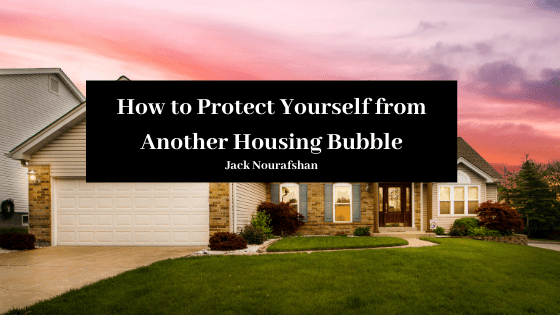Buying a house is a long-term investment. It is not usually the case when one has to deal with a housing bubble. A housing bubble can be devastating and frustrating since one’s home loses its value. A house is an investment because it should appreciate with time.
Homeowners that went through the 2007 financial crisis understand the negative impact of a housing bubble. It results in prices sinking and leading to higher mortgages compared to the value of the house. As home prices keep rising in the U.S, it is essential to think of the ways one can protect themselves from a housing bubble. Let’s delve into the key factors to pay attention to regarding protecting existing and future homes from a housing bubble:
Growth of the economy
Home prices may increase to an extent they are out of reach to many potential homeowners. In such situations, when the economy is growing, it is usually a good sign, and one does not need to worry about the housing bubble. The problem comes in when the economy is not growing yet the housing prices keep going up. It is a clear indication of a housing bubble, which can negatively affect a homeowner.
A growing economy means that there will be an increase in jobs and salaries to cater to the increased prices of housing. In such instances, one may not need to worry about how they will take care of their mortgage since they will handle the gap created. On the other hand, if the economy is not growing yet, housing prices are rising, homeowners may opt to sell their houses to protect themselves from the housing bubble.
Buying a house without plans to move
Individuals buy homes for different reasons. Some people buy their dream homes to live there for the rest of their lives, while others are just house flippers. If a homeowner does not have plans to move from their house for the next decade, they should not worry about the housing bubble popping. On the other hand, house flippers may find it challenging to get back their returns during a housing bubble. Therefore, one must purchase a house to live in for a long time to avoid the housing bubble getting the best of their investment.
Most homeowners usually purchase a house for investment. With that in mind, they can benefit during a housing bubble by getting equity from the home when prices rise. Conversely, equity comes in handy when the value of houses declines. The equity received can assist in other financial matters or in buying a cheaper place.

